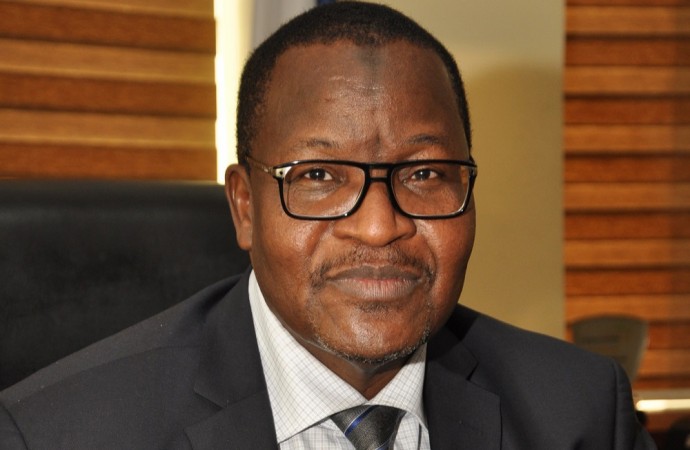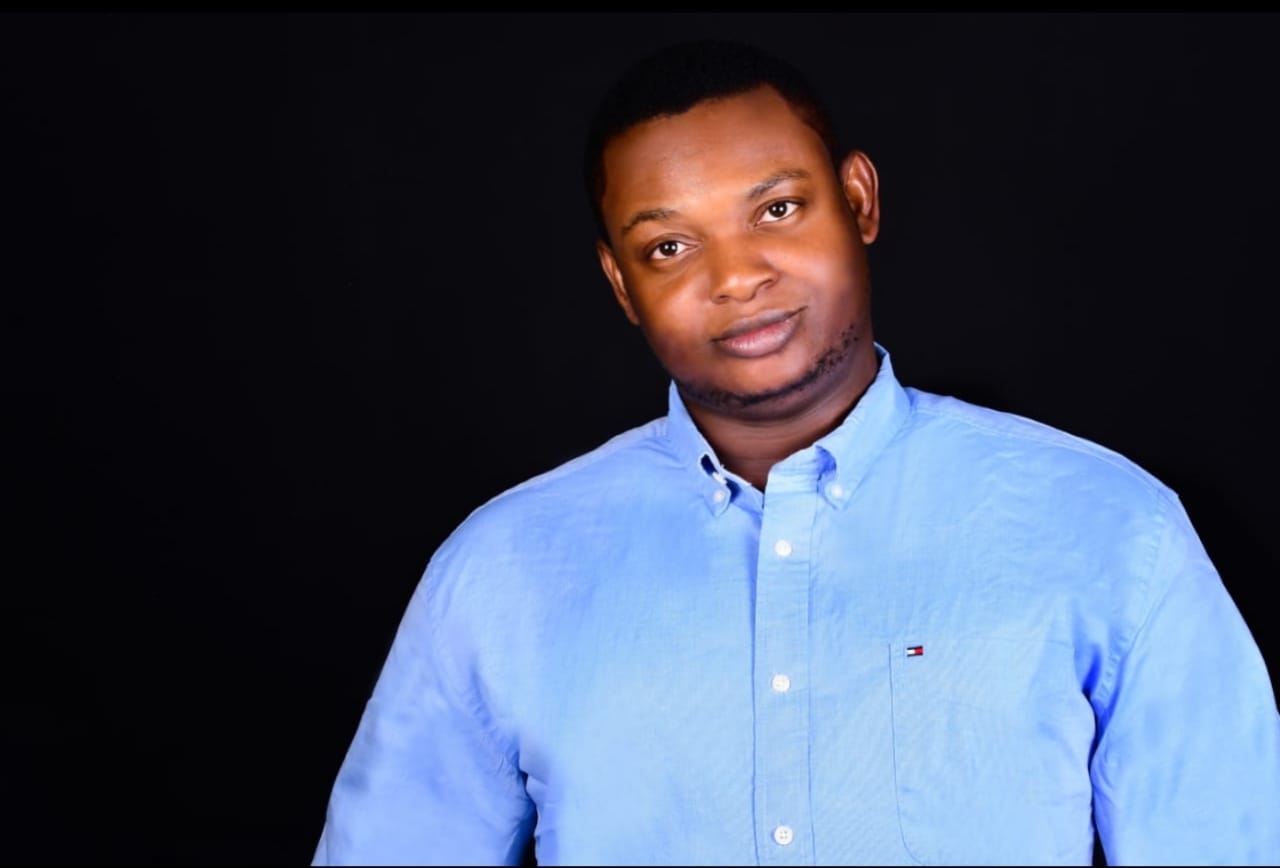The Nigerian Communication Commission (NCC) at the weekend received a cybersecurity promotion award from the Cybersecurity Experts Association of Nigerian (CSEAN) and called on relevant stakeholders to join hands with NCC to promote safer Internet experience in Nigeria.
The award was conferred on the Commission in recognition of NCC’s sterling contributions to the protection of telecom consumers from all forms of cybercrimes. The conferment ceremony took place at the maiden edition of Cybersecurity Merit Awards (CMA-2022) organised by CSEAN in Lagos.
Receiving the 2022 Cybersecurity Award for Best Public Sector Organisation at the event, the Executive Vice Chairman of NCC, Prof. Umar Danbatta, who was represented by a delegation led by the Director, New Media and Information Security (NMIS), Dr. Alhassan Haru; and Director, Public Affairs, Mr. Reuben Muoka, thanked the orgainser for the recognition.
He told the audience that tackling the menace of cybercrime in the country has become even more imperative as the success of the implementation of digital economy policy and strategy depends on a strong foundation of cybersecurity architecture in Nigeria.
Danbatta said one of the key pillars of the National Digital Economy Policy and Strategy (NDEPS) 2020-2030, is Soft Infrastructure, which is premised on harnessing policy and regulatory initiatives to create an enabling environment that focuses on increased protection for users of digital products and services in the country. “The Commission is committed to ensuring that the Nigerian cyberspace is protected against the nefarious activities of cybercriminals that endanger unsuspecting Internet users in the country,” he said.
The EVC said it is in recognition of the strategic role the cyberspace plays in the advancement of digital economy that the Commission created NMIS department in charge of several activities, initiatives and programmes pivoted on collaboration to enhance cybersecurity and information security in the Nigerian cyberspace. “We have continued to be part of the Internet Governance Forum (IGF), promote Child Online Protection as well as create awareness on cyber threats through the NCC’s Computer Security Incidence Response Team (CSIRT), which constantly monitors the cyberspace and publishes advisories on identified cyber threats,” the EVC said.
Danbatta said as the regulator of telecom sector, the main carrier of cyber communication, the NCC has leveraged NDEPS to work with relevant stakeholders to create an enabling environment where Internet users are able to navigate the cyberspace without being abused, attacked or losing money. The Chief telecom regulator appealed to all stakeholders to join hands with the Commission in tackling every manifestation of cyber threat.
The CMA 2020 is organized to recognise individuals, startups, private businesses, Ministries, Department and Agencies (MDAs) of government, as well as state governments for excellence, innovation, and effective leadership in promoting cybersecurity ecosystem in Nigeria.







